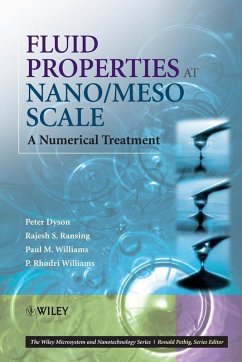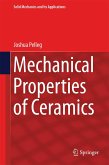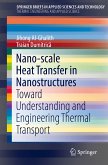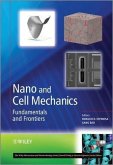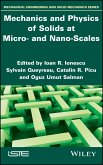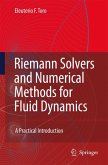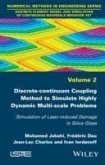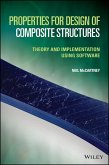Today's scientific and engineering community has a good grasp on how to model fluid flows at macro and molecular scales, with well-developed theory and supporting technologies. Between these two extremes lies the nano/meso scale (i.e. in the range of 50nm-500nm) where fluid flow models continue to be problematic. Continuum models used at macro scales assume a negligible influence from molecular interactions, while molecular models do not predict flow well at nano/meso dimensions. The solution, and the subject of this book, is to use elements from both to capture correctly the proper physics (from the molecular scale) and provide a description in terms of useful fluid properties (as characterized on the continuum scale). Fluid Properties at Nano/Meso Scale is based on the authors' past five years' research that has yielded new innovations in fluid simulation strategies at the nano/meso scale. The authors approach this subject in a straightforward and easy to understand format, providing a first step into the subject for researchers at all levels. They present new tools that allow the numerical computation of fluid properties from first principles, enabling the reader to begin to model successfully fluids at nano/meso scale. It is hoped that these first steps will engender the further development and advancement of simulation techniques at this scale, and keep engineering simulation at the cutting edge of technology. * Presents internationally leading developments in the field of fluid properties at nano/meso scale * Provides the reader with the first steps to fluid modelling at nano/meso-scales as well as state-of-the-art applications * Includes innovative and new simulation techniques along with a detailed examination of existing numerical methods
Dieser Download kann aus rechtlichen Gründen nur mit Rechnungsadresse in A, B, BG, CY, CZ, D, DK, EW, E, FIN, F, GR, HR, H, IRL, I, LT, L, LR, M, NL, PL, P, R, S, SLO, SK ausgeliefert werden.

